 0
0
Products Description

Type K/J/E/N/T thermocouple wire Fiberglass braided wire PVC silicone FEP PFA PTFE insulation Thermocouple extension wire
Description
Thermocouple compensation wires play an important role in laboratories and research fields. Accurate temperature measurement is crucial for the reliability of experimental results and the accuracy of scientific research results, whether in laboratories in fields such as chemistry, physics, biology, or engineering. Various types of thermocouple compensation wires (including K, N, E, J, T, B, R, and S types) are widely used in these experiments and research projects to ensure the accuracy and reliability of temperature monitoring.
In laboratories and scientific research, experiments may involve different temperature ranges and environmental conditions. Thermocouple compensation wires can adapt to various temperature ranges and have high measurement accuracy and stability. Whether monitoring temperature changes during chemical reactions or controlling the temperature of the culture medium in biological experiments, these wires can provide reliable temperature data.
In addition, thermocouple compensation wires also have characteristics such as fast response, anti-interference, and corrosion resistance, which are suitable for various common experimental environments in the laboratory. They can be used in conjunction with temperature recorders, data acquisition systems, and other devices to provide accurate experimental data for researchers and support their research work.
Products parameter

Code | Wire Component of the thermocouple | ||
+Positive leg | - Negative Leg | ||
N | Ni-Cr-Si(NP) | Ni-Si-magnesium (NN) | |
K | Ni-Cr(KP) | Ni-Al(Si) (KN) | |
E | Ni-Cr(EP) | Cu-Ni (EN) | |
J | Iron (JP) | Cu-Ni (JN) | |
T | Copper (TP) | Cu-Ni (TN) | |
B | Platinum Rhodium-30% | Platinum Rhodium -6% | |
R | Platinum Rhodium-13% | Platinum | |
S | Platinum Rhodium -10% | Platinum | |
Calibration of thermocouple | Model number of Compensation cable | Alloy wire name of Compensation cable |
S or R | SC or RC | Cu-CuNi |
K | KC | Cu-CuNi |
KX | NiCr-NiSi | |
N | NC | Fe-CuNi |
NX | NiCrSi-NiSiMg | |
E | EX | NiCr-CuNi |
J | JX | Fe-CuNi |
T | TX | Cu-CuNi |
Isulation | PTFE | PFA | TEF | FEP | PVC | FG | Silicone | Quartz Fiber |
Max temp (℃) | 260 | 260 | 200 | 200 | 108 | 400 | 200 | 800 |

characteristic
Accurate matching: The compensating wire is precisely matched with the corresponding thermocouple type to ensure consistent thermoelectric potential throughout the entire temperature range.
Wide temperature range: Different types of compensation wires are suitable for different temperature ranges, meeting the diverse temperature measurement needs in laboratories and scientific research.
Anti interference capability: Shielded compensation wires can effectively resist electromagnetic interference, ensuring the stability and accuracy of measurement signals.
Corrosion resistance and wear resistance: High quality materials such as fluoroplastics are used to ensure the durability of the wires in laboratory and research environments.
Easy to install and maintain: The design is simple and easy to install and maintain in the laboratory and research environment.
Adhere to international standards: The product follows international standards, such as IEC584-3, to ensure product quality and reliability.
Laboratory and research applications
Accurate temperature control: In laboratory chemical reactions, material testing, and biological experiments, compensating wires ensure accurate temperature readings provided by thermocouples.
Data recording and analysis: In scientific research experiments, compensating wires are used in conjunction with data recorders to accurately record temperature changes and provide reliable basis for data analysis.
Equipment calibration: During the calibration process of instruments and equipment, compensating wires ensure the accuracy of temperature measurement and ensure that equipment performance meets standard requirements.
Environmental simulation: In environmental simulation experiments, compensating wires help maintain and monitor temperature under specific environmental conditions, such as high, low, or specific climatic conditions.
Material research: In the study of thermal properties of materials, compensating wires are used to monitor and control the temperature during heating or cooling processes to study the thermal response of materials.
Quality control: In the process of product quality control, compensating wires are used to ensure that the temperature of the product during production and testing meets quality standards.
Q&A
Q: What is the main role of thermocouple compensation wires in the laboratory?
Answer: In the laboratory, the main function of thermocouple compensation wires is to extend the cold end of the thermocouple to the measuring equipment, while maintaining the same thermoelectric potential as the thermocouple to ensure the accuracy of temperature measurement.
Q: How to choose different types of thermocouple compensation wires?
Answer: When selecting compensation wires, it should be determined based on the temperature range, environmental conditions (such as corrosive gases), and measurement accuracy required by the laboratory or scientific research. For example, K-type and N-type are suitable for temperatures ranging from -200 ℃ to 1300 ℃, while S-type, B-type, and R-type are suitable for higher temperature ranges.
Q: How can thermocouple compensation wires improve the reliability of experiments in scientific research?
Answer: The compensating wire reduces the influence of environmental factors on temperature measurement by providing stable thermoelectric potential, thereby improving the accuracy and repeatability of experimental data and enhancing the reliability of scientific research results.
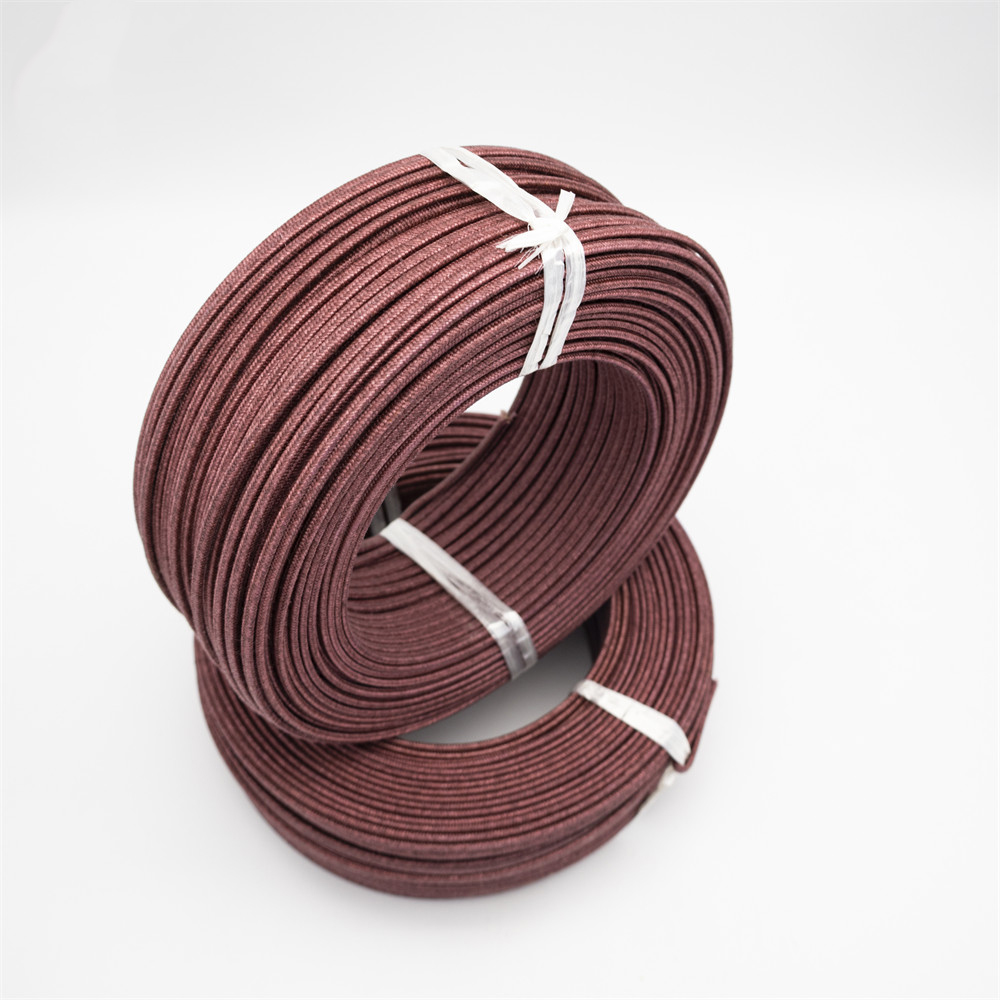
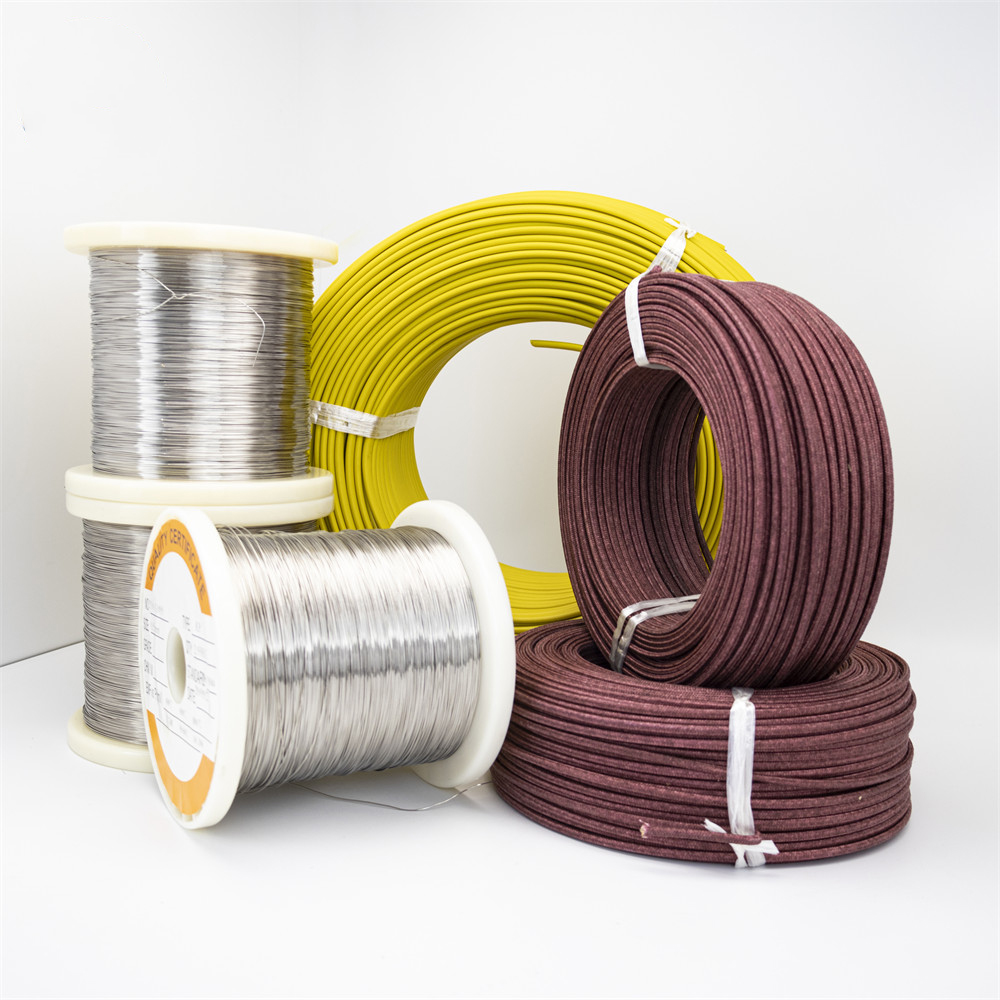
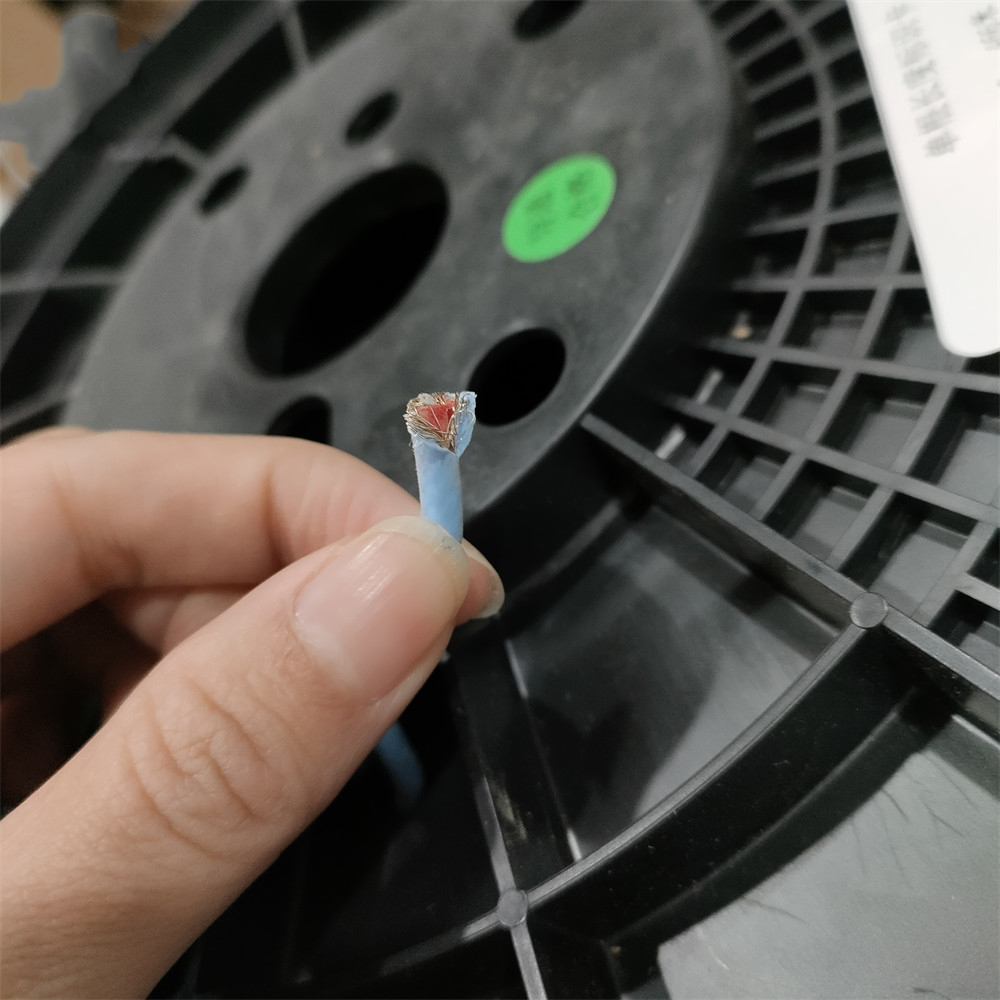
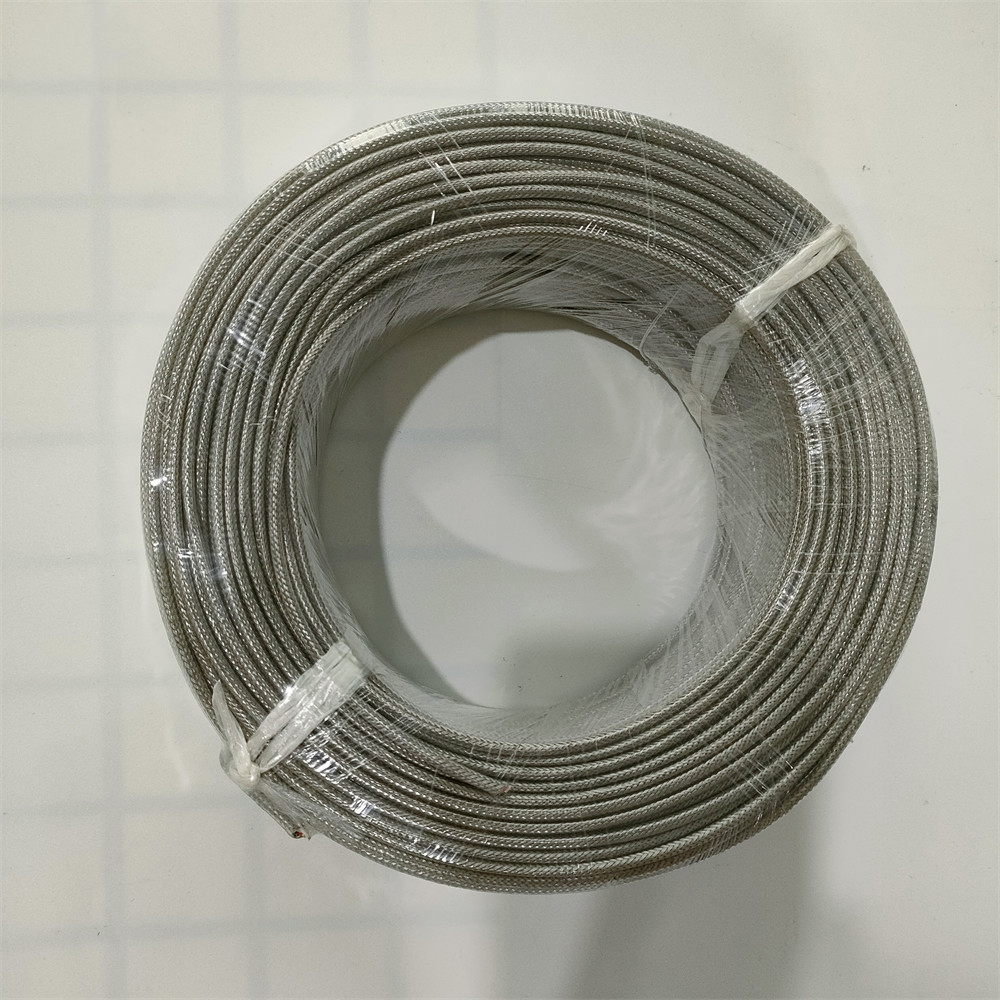
E-mail: Info@hulkalloy.com
Mobile: 0086 13852926463
Tel: 0086 13852926463
Whatapps: 0086 13852926463
Add: Renli Village, Fangxian Town, Danyang City, Jiangsu Province, China